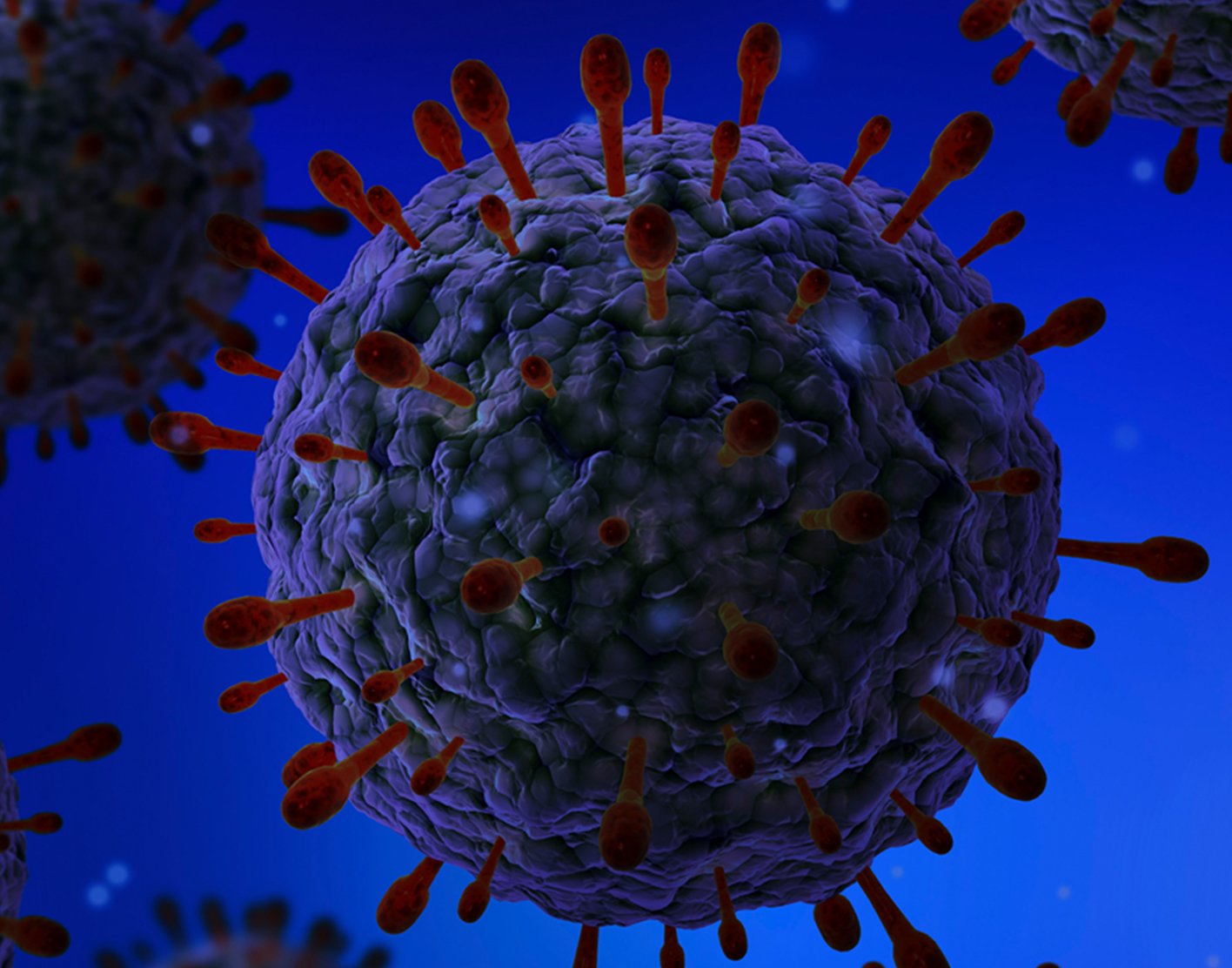
Serum herpes simplex antibodies
Definition
Serum herpes simplex antibodies is a blood test that looks for antibodies to the herpes simplex virus (HSV), including HSV-1 and HSV-2. HSV-1 most often causes cold sores (oral herpes). HSV-2 most often causes genital herpes.
Alternative Names
Herpes serology; HSV blood test
How the Test is Performed
A
The sample is taken to the lab and tested for the presence and amount of
How to Prepare for the Test
No special steps are needed to prepare for this test.
How the Test will Feel
When the needle is inserted to draw blood, some people feel a little pain. Others feel only a prick or stinging sensation. Afterward, there may be some throbbing.
Why the Test is Performed
The test is done to find out whether a person has ever been infected with oral or
Normal Results
A negative (normal) test most often means you have not been infected with HSV-1 or HSV-2.
If the infection occurred very recently (within a few weeks to 3 months), the test may be negative, but you may still be infected. This is called a false negative. It can take up to 3 months after a possible herpes exposure for this test to be positive.
Normal value ranges may vary slightly among different laboratories. Some labs use different measurements or test different samples. Talk to your doctor about the meaning of your specific test results.
What Abnormal Results Mean
A positive test means you have been infected with HSV recently or at some point in the past.
Tests can be done to help determine if you have a recent infection.
About 70% of adults have been infected by HSV-1 and have antibodies against the virus. About 20% to 50% of adults will have antibodies against the HSV-2 virus, which causes genital herpes.
HSV stays in your system once you have been infected. It may be "asleep" (dormant), and cause no symptoms, or it may flare up and cause symptoms. This test cannot tell whether you are having a flare-up.
Risks
Risks associated with having blood drawn are slight but may include:
- Excessive bleeding
- Fainting or feeling lightheaded
- Hematoma (blood accumulating under the skin)
- Infection (a slight risk any time the skin is broken)
Considerations
Even when you do not have sores, you can pass (shed) the virus to someone during sexual or other close contact. To protect others:
- Let any sexual partner know that you have herpes before having sex. Allow him or her to decide what to do. If you both agree to have sex, use latex or polyurethane condoms.
- DO NOT have vaginal, anal, or oral sex when you have sores on or near the genitals, anus, or mouth.
- DO NOT kiss or have oral sex when you have a sore on the lips or inside the mouth.
- DO NOT share your towels, toothbrush, or lipstick. Make sure dishes and utensils you use are washed well with detergent before others use them.
- Wash your hands well with soap and water after touching a sore.
References
Centers for Disease Control and Prevention website. Sexually transmitted infections treatment guidelines, 2021.
Khan R. Women. In: Glynn M, Drake WM, eds. Hutchison's Clinical Methods. 25th ed. Philadelphia, PA: Elsevier; 2023:chap 5.
Schiffer JT, Corey L. Herpes simplex virus. In: Bennett JE, Dolin R, Blaser MJ, eds. Mandell, Douglas, and Bennett's Principles and Practice of Infectious Diseases. 9th ed. Philadelphia, PA: Elsevier; 2020:chap 135.
Whitley RJ, Gnann JW. Herpes simplex virus infections. In: Goldman L, Cooney KA, eds. Goldman-Cecil Medicine. 27th ed. Philadelphia, PA: Elsevier; 2024:chap 345.
Review Date: 23/08/2023
The information provided herein should not be used during any medical emergency or for the diagnosis or treatment of any medical condition. A licensed physician should be consulted for diagnosis and treatment of any and all medical conditions. Call 911 for all medical emergencies. Links to other sites are provided for information only -- they do not constitute endorsements of those other sites. Copyright ©2019 A.D.A.M., Inc., as modified by University of California San Francisco. Any duplication or distribution of the information contained herein is strictly prohibited.
Information developed by A.D.A.M., Inc. regarding tests and test results may not directly correspond with information provided by UCSF Health. Please discuss with your doctor any questions or concerns you may have.



























